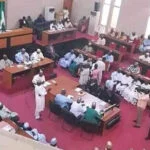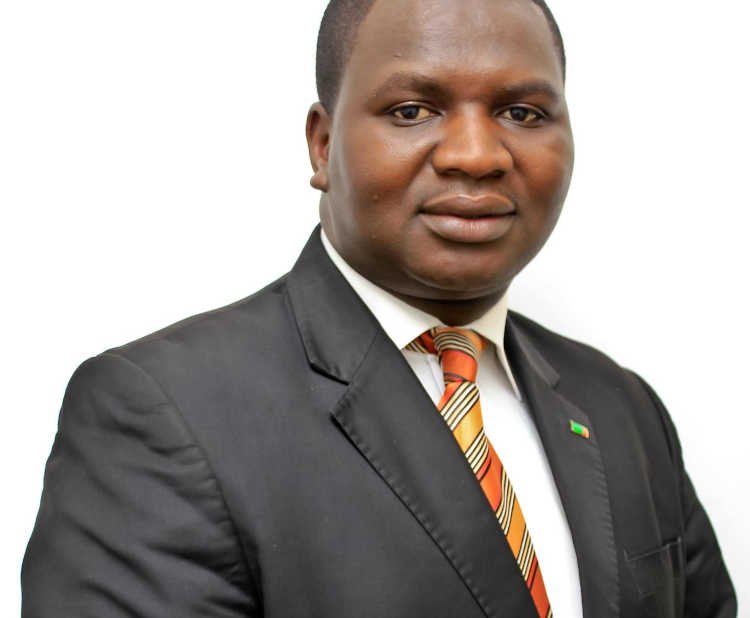Zambia‘s commitment to freedom of expression is questionable following the conviction and sentencing of a leading opposition member to 18 months in prison for ‘defaming’ President Hakainde Hichilema.
Development Diaries reports that on 17 May, 2024, the Secretary General of the Patriotic Front, the largest opposition party, Raphael Nakacinda, was convicted for remarks he made in 2021, which were said to be ‘defaming the president’.
We understand that President Hichilema had previously stated that the law on criminal defamation of the president ‘impedes human rights and basic freedoms, growth of democracy and good governance’, hence it was abolished in 2022.
In 2022, the president assented to Penal Code (Amendment) Bill 25, which repealed section 69 of Zambia’s penal code, effectively abolishing the crime of defaming the president.
Why, then, is this law being used as a weapon to sentence an opposition member in 2024?
In a democratic society, the right to criticise public officials, including the president, is fundamental, and it serves as a crucial check on power, ensuring accountability and transparency.
By criminalising dissent and penalising political opponents through severe measures, the Zambian government undermines these essential democratic values and stifles the open exchange of ideas necessary for a healthy political environment.
Imprisonment with hard labour for expressing political criticism is a gross violation of human rights, contravening both international human rights norms and Zambia’s commitments under various treaties
Development Diaries calls on the Zambian administration to free Nakacinda and cease using this legislation to prosecute political rivals and other people.
The Zambian government must reconsider such oppressive tactics, respect the rights of its citizens, and uphold the democratic principles it purports to champion.
Photo source: Raphael Nakacinda






